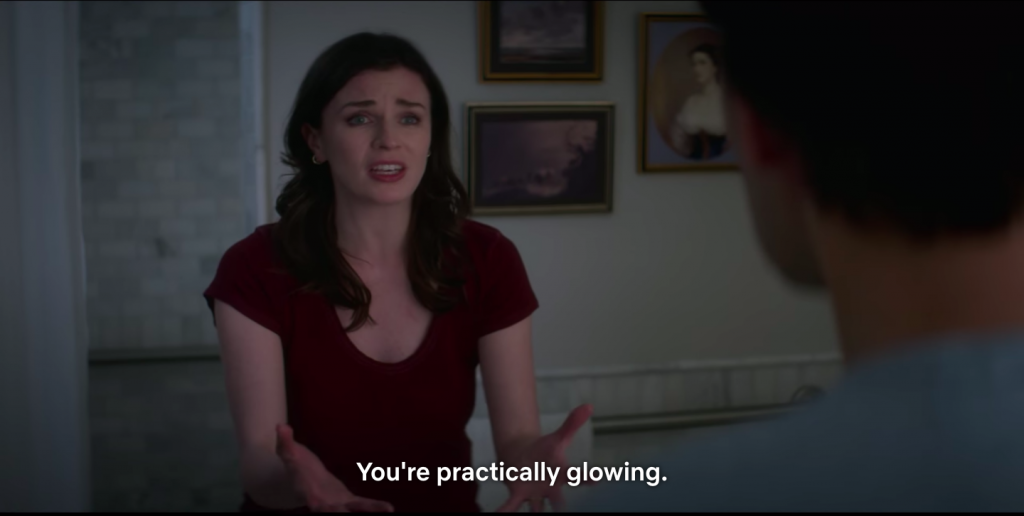‘Living with Yourself’: A tale of two Paul Rudds
Paul Rudd took his break from Ant-Man to star in Netflix’s new series “Living with Yourself.” And, may I say, he spent his time well.
In this comedy-drama, Rudd plays Miles, a writer frustrated with his career and marriage. One day, following the advice of a co-worker, he visits a mysterious spa that is reputed for its ability to make its clients “better” – more positive, more successful, more charming. Only too late does he find out that rather than making himself better, the spa creates a new and improved clone of him with all his memories. New Miles drive back home while Old Miles gets unsuccessfully murdered and buried.
Old Miles, alive and well, breaks out of his shallow grave and comes home to find that New Miles, unaware that he is a clone, has taken over his marriage, career and family, and is doing a much better job at it. A confrontation and a fight over who gets what breaks out. From there, chaos ensues.

“Living with Yourself” is a wonderfully weird show. Despite being rather slow in the beginning, the show does a good enough job to hold the audience’s attention, mostly through Rudd’s fantastic portrayal of his two characters, giving them similar yet different enough quirks that the audience can love them both (and honestly, how can anyone not love Paul Rudd?) Going in, viewers might expect a philosophical question of cloned consciousness to come up, but the show resolutely swerves around his rabbit hole. Instead, the focus is on the authenticity of bitterness.
New Miles comes to life with all of Old Miles’s memories of experiences, both good and bad, but unlike Old Miles, he is clean of faults and scars (quite literally, too, as even his eyesight is fixed). Unburdened by bitterness and defeat, New Miles is able to act like a perfect husband, brother, and employee, earning the pleasant surprise from his wife, the sympathy of his sister, and the approval of his boss.

On the moral high ground, New Miles now looks down upon Old Miles with disdain. His writing sucks, his attitude sucks, his constant whining sucks – Old Miles had the perfect life, ruined it all by himself, and now spends his day being angry at the world instead of doing something useful. For a moment there, his wife, sneaking off to a hotel room with New Miles, quite agrees.
But it’s also here that she, and by extension, the show, make its stance: New Miles might have all the memories, but he didn’t actually go through them, and they simply do not scar him and leave him bitter like they do Old Miles. Lack of bitterness isn’t an improvement. New Miles isn’t a better Miles, he’s a complete stranger, because the identity of Miles, and everyone, is not just knowledge and memories but also the marks and dents.
“I now that you think you were there all those years, and that you feel like you’ve lived through all of our crap, but you didn’t. You just didn’t, and that’s got make a difference,” says Kate.
“Yes it does. […] I’m not angry, or bitter, or afraid like he is.”
“Yeah, but I’m angry. And bitter and afraid.”

As far as self-betterment morals go, “Living with Yourself” doesn’t reveal any new or shocking truth. But its approach and execution of this idea are certainly fresh. By extracting the nice and naïve of a person to form a condescending angel who, as he starts to actually live, become just as bitter as his inferior self, “Living with Yourself” creates a dark, humorous, and binge-worthy story that prompts its audience to consider just how much better our better selves can really be.




























